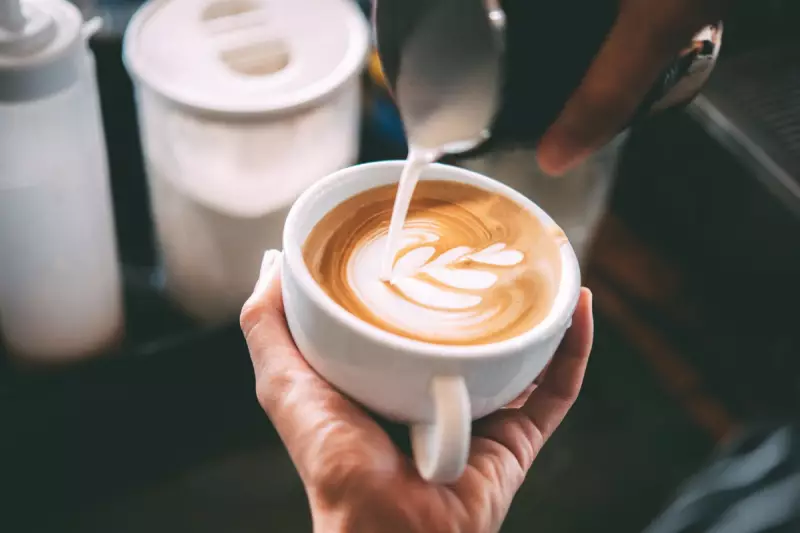
That morning flat white or afternoon espresso might be the secret ingredient behind your most bizarre and memorable dreams, according to emerging insights into sleep science.
While most of us reach for coffee to fight off fatigue, its effects linger long after the last sip, potentially turning our nights into a vivid cinematic experience.
The Science Behind The Buzz And Your Dreams
Caffeine, the world's most popular psychoactive substance, works by blocking adenosine, a neurotransmitter that promotes sleepiness. This is what gives you that much-needed alertness. However, its half-life of up to five hours means it's often still active in your system when your head hits the pillow.
This continued stimulation can significantly alter your sleep architecture. It can delay the onset of sleep and, most intriguingly, impact the Rapid Eye Movement (REM) stage. REM sleep is famously known as the primary dreaming phase of the sleep cycle.
How Caffeine Supercharges Your Dream Recall
The connection isn't that caffeine directly creates dreams, but that it can lead to more frequent awakenings throughout the night, particularly as its effects wear off. These brief, often unnoticed arousals act as a natural alarm clock, jolting you awake right in the middle of a REM cycle.
This phenomenon is the key to remembering your dreams. Waking up during or immediately after a dream makes its content fresh in your short-term memory, allowing you to recall intricate details that would otherwise be forgotten by morning.
So, that incredibly vivid and strange dream you had? You likely have your latte habit to thank for remembering it.
Finding The Balance For Better Sleep
Before you swear off coffee for good, it's important to note that moderate consumption is generally considered safe for most adults. The key is timing and awareness.
To enjoy your brew without sacrificing sleep quality, consider these tips:
- Establish a caffeine curfew: Avoid caffeine for at least 6-8 hours before your intended bedtime.
- Listen to your body: If you're experiencing restless nights or overly intense dreams, try scaling back your intake.
- Monitor hidden sources: Remember that caffeine isn't just in coffee; it's also present in tea, chocolate, energy drinks, and some medications.
Ultimately, understanding how your daily rituals affect your subconscious can be the first step toward achieving more restful and less eventful nights.





